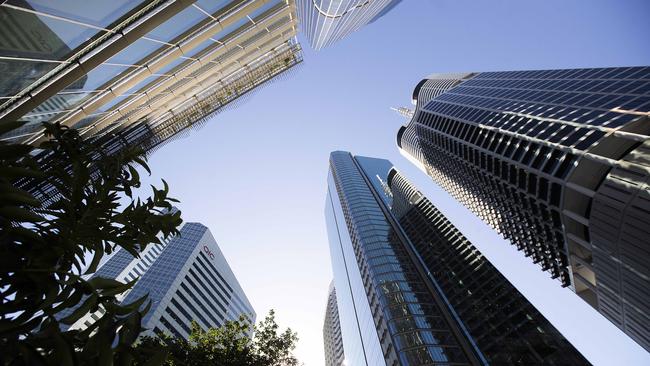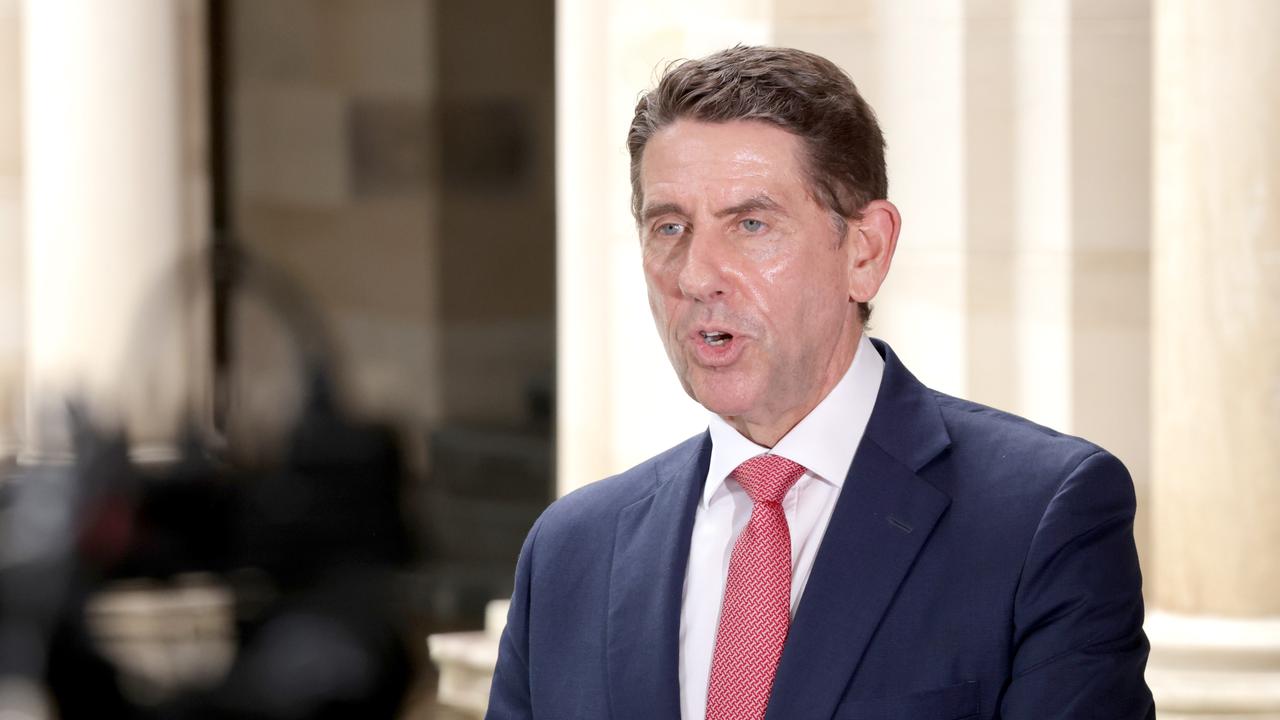Qld one of worst states for doing business, says BCA
Queensland has rated above only two other states for doing business, with several factors taking its shine off.

QLD Politics
Don't miss out on the headlines from QLD Politics. Followed categories will be added to My News.
Restrictive trading hours, planning red tape and high property taxes make Queensland one of the worst places to do business in Australia.
A major annual report by the Business Council of Australia has ranked Queensland sixth out of Australia’s eight jurisdictions, with the Sunshine State rating above only Western Australia and Victoria.
The council has called on the new government to act and make the state more competitive for businesses, flagging the move would boost jobs, investment and productivity in the state.
Chief executive Bran Black said Queensland had work to do to make it one of the most attractive spots for business investment.
“Our report clearly shows the Sunshine State can improve on property taxes and charges and retail trading hours, and through more consistency in its planning system,” he said.
“By undertaking these reforms, Queensland would see a boost in jobs, investment and productivity – this is critical to the state’s economic growth and success.”
Queensland was marked down for restrictive retail trading hours, property tax rates particularly for foreign investors, and planning system inefficiencies.
The state ranked seventh — ahead of only Western Australia — for retail trading hours, with the Business Council of Australia marking down the state for having among the most restrictive rules in the country on top of a smorgasbord of exemptions for different retailers.
Queensland also ranked seventh for its property tax settings, with the council measuring the amount if stamp duty charged, land tax rates and the different burdens on different entities.
The council noted Queensland’s decision to increase land tax surcharges for foreign owners at the June budget now made it the second highest land taxing jurisdiction for overseas owners, an issue the Property Council has repeatedly blamed for stifling investment and housing supply.
The Courier-Mail asked new Treasurer David Janetzki’s office if the government would consider winding back the increased tax, but received no response by deadline.
The new LNP government has promised no new or increased taxes for Queenslanders and on stamp duty has vowed to abolish stamp duty for first-home buyers buying a new house.
One of Queensland’s drawcards was its standardised workers’ compensations premiums, with the Sunshine State ranked above all others.
Queensland also ranked highly on business licencing, though even in the state a cafe would need to secure about 13 licences in order to trade on top of extra food and liquor regulation responsibilities, making it more extensively assessed than a childcare centre.
The state also ranked equal third with the Northern Territory on payroll tax, with South Australia topping the list for having the lowest payroll tax rate for large employers and higher thresholds.
Overall the BCA found South Australia had the best regulatory environment for businesses, largely due to lower payroll tax, property charges and business licensing volumes.
“Victoria has some of the least competitive property tax settings, payroll taxes and business licensing requirements in the country — it fundamentally needs to look at how these are holding back its economy,” Mr Black said.





